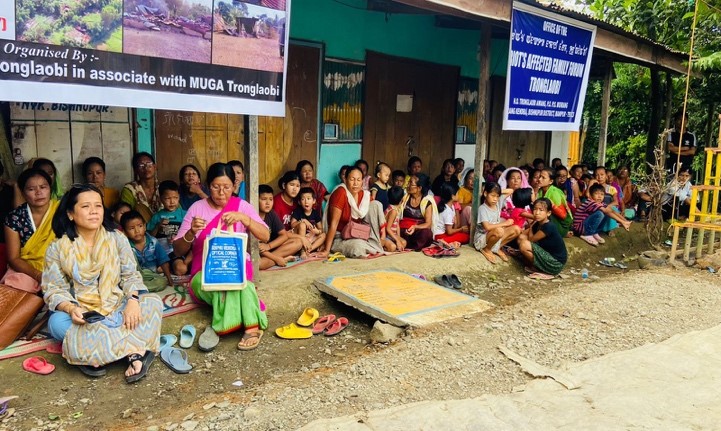Hundreds of people have lost their lives and tens of thousands have been displaced by the ongoing conflict in Manipur. While people are still coming to terms with having lost their houses, loved ones and uncertain future, they are also struggling for necessities. Until the conflict subsides, and the victims are rehabilitated, the government should streamline the relief efforts and alleviate the pain and burden of the victims when it comes to necessities.
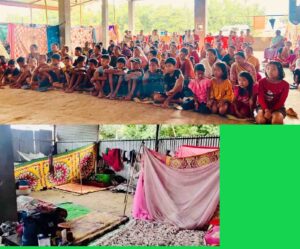
As per a state government guideline, only victims housed in relief camps are entitled to essential support that includes rice (400 gm/Rs. 20), dal (100 gm/Rs 10), vegetables (200 gm/Rs 10), milk/fruits/supplements (as available, Rs 10), soap and consumables (as required, Rs 15), items for cleaning (as required, Rs 2) and miscellaneous (as required, Rs 16) per person per day. But even this bare minimum support is denied to those not staying in camps.
Though most of the families affected by conflict have taken shelter in relief camps, a large number of them took refuge
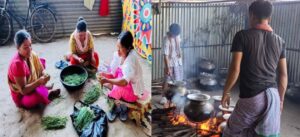
with relatives hoping to return to their homes as soon as the conflict subsided. However, as the strife continues, they have now become burden on their relatives. Also, many did not join the camps earlier as they were worried about leaving behind their land and livestock. After staying in the camps for immediate relief, many victims of violence have now returned to their villages to secure their property and farms. Although ones who are back to the villages are as severely affected as those staying in the camps, they have little or no access to the relief efforts. For example, during my recent visit to Terakhongsangbi, in the Bishenpur district, I met two hundred and five internally displaced persons (IDPs) in Tronglaobi Village who are currently sheltered at houses of their relatives or local clubs. They are requesting a relief camp to access basic food supplies.
The second problem of concern is livelihood. The victims have left behind their livestock and paddy fields in their villages. They are under duress as they cannot get back their properties or homes. I met a woman victim in the relief camp who lost her father-in-law and brother-in-law. They had been staying in the camp together since May, but the family was worried about their land and whatever little asset. So, in the first week of August, the father-in-law and brother-in-law went to their abandoned house and were killed while sleeping.
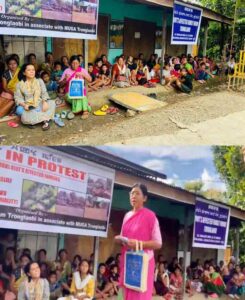
Since the relief effort of the state is not sufficient, communities have pitched in. Driving through the state one comes across women and youths stopping vehicles on the road seeking small contributions to support people in the camps. Such sad conditions generate anger among people, which is not good for restoration of peace. The vulnerability and insecurity of affected individuals make them susceptible to participation in ‘mob violence and revenge bids’
The need of the hour is to first ensure timely and adequate provision of relief material to people from all affected villages, whether housed in camps or not. A liberal and compassionate approach to relief (and not a targeted approach) will best serve the state at the moment because a large majority of the population is directly or indirectly affected by the continuing strife. Besides, the magnitude of affected districts and population is not so large that a liberal approach will hurt the state fiscally. Instead, a liberal approach to relief may help calm down the restive population and reduce the appeal of extremist sentiments among them. Also, the state should issue/reissue MNREGA cards to all
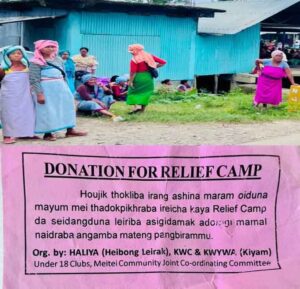
adults from these areas and ensure a minimum daily payment till the strife ends. The MNREGA provision can be tweaked, engage them in public works including in improving the infrastructure in camps and any other productive engagement the community deems fit.

This farmer (right) could not not get a place in relief camp as he was worried of his livestock and farm and stayed till the village




